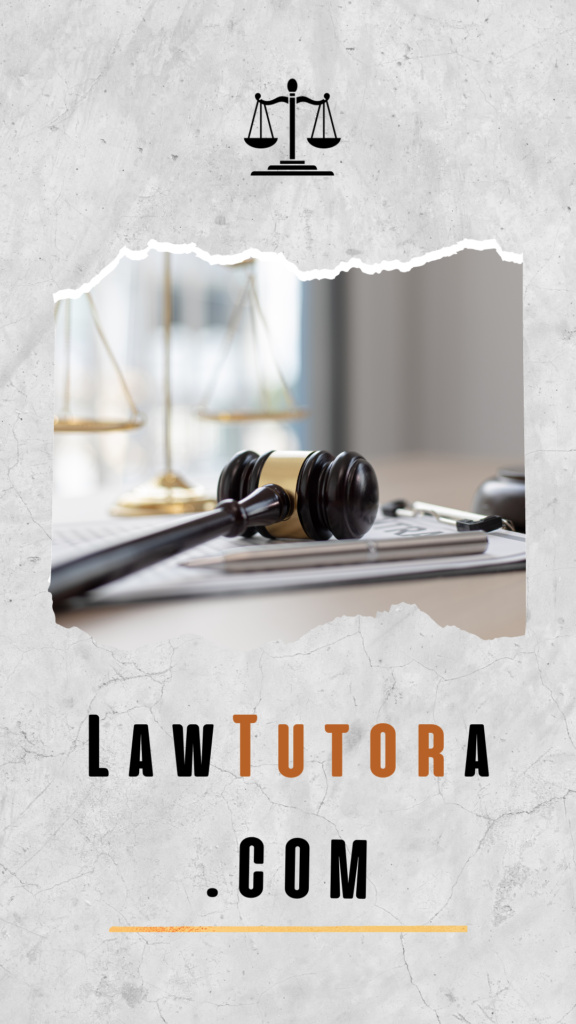
Ensure that you read your assessment brief carefully before you start answering the questions. Read all the instructions. Scenario based questions can come up in any area of law, for example, land law or law of property, equity and trusts, law of contract, employment law, criminal law, constitutional and administrative law or public law, international law, law of evidence, family law, company law, European union law, intellectual property law or any other areas of law. There is a need to know how to answer a scenario or problem based law questions.
The following guidance will help you to answer a problem or scenario-style question
As a law student, note that the facts are very important. You should have heard about the mnemonic IRAC. First, identify the issue, then the rules, apply the rules to the facts and then conclude.
You need to build your subject knowledge to be able to identify the legal issues in the scenario question. A law tutor or a private law tutor can help with building your subject knowledge and how to answer a scenario-based question.
The ability to identify such legal issues is a very crucial skill. My advice is to accept as true the facts in the problem-based question. It is important to identify any missing facts. It is possible that you might have identified many legal issues. You should deal with one legal issue at a time so that you can provide a relevant answer.
Do not lump the issues together. For example, if you have identified an issue relating to an ‘adverse possession’ in land law and another issue relating to a ‘lease’, the issues should be addressed clearly and sufficiently.
The discussion on adverse possession should not be mixed with that of a lease. If there is any link between the two in the scenario question, this should be clearly and adequately addressed to show sufficient knowledge and understanding of the concepts and principles.
Take note of the following
Most importantly, refer to legal authorities in support of your discussions and arguments. Legal authorities such as case law and statutes are very important. For example, when discussing some topics in land law, you may need to refer to the Law of Property Act 1925 and some other relevant legal authorities.
The importance of applying the law to the facts cannot be overstated. The laws should be applied to the facts. This should be done by assessing what the likely judgment of the law court would be in terms of the issues that have been identified in the scenario question.
The last part is the conclusion. You need to summarise the outcomes for the parties that you have been asked to advise in the scenario-based question.